Industries That Experience the Biggest Benefits from CRM
Salesforce
5 MIN READ
August 8, 2024
![]()
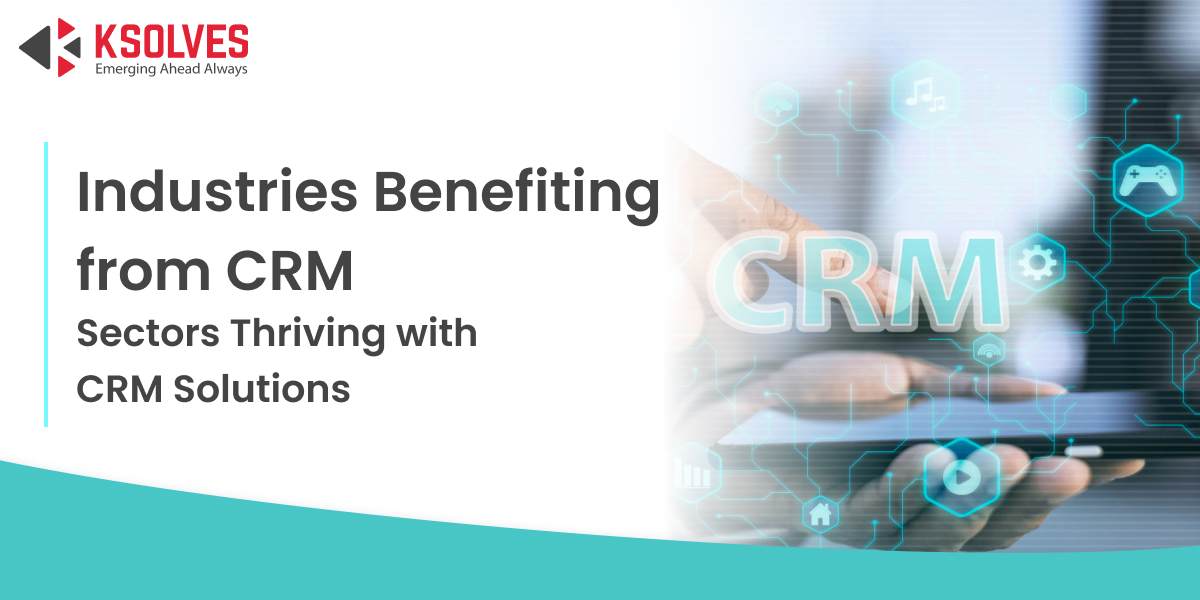
We are in a century, where everything is on the way to becoming digital. Businesses are abandoning brick-and-mortar systems and adapting the latest technology to captivate potential customers.
The primary goal of any successful business is to focus on consumer experience, which will help boost conversion rate, surge revenue and elevate brand awareness. To achieve that companies need to manage their massive data and streamline their operations. Customer Relationship Management (CRM) is the ideal choice to overcome all these challenges.
In this blog, we will comprehend CRM in-depth and explore industries that are the most benefited from CRM.
Introducing CRM: Where Relationships Flourish and Business Thrives
Customer Relationship Management (CRM) is a technology with a simple goal to enhance relationships in order to grow business. It is put to use to manage all the business interactions with present as well as potential customers. The technology helps to stay connected with customers, streamline operations, and boost productivity.
CRM system is often referred to as software that makes it easier to keep track of every conversation you have with a prospect or customer. This can entail talking with customers on the phone, sending emails for marketing, and more.
CRM software can combine data from various sources to better manage connections across the customer lifecycle, including marketing, sales, digital commerce, and customer care contacts. They can also leverage artificial intelligence (AI) to help with this process.
What Does CRM Offer?
A CRM is a feature-rich system that handles several corporate functions, such as marketing, sales, and customer interactions. It manages information, offers useful insights, and facilitates collaboration. Cloud-based CRM solutions are more functional and adaptable due to their flexibility and abundance of app ecosystems.
-
Contact Management
A contact is a person who has already shown interest in a company’s goods or services through a purchase, a form submission on the website, or a newsletter subscription. All of their contact information, including their job title, email address, and phone number, is kept in one location.
Depending on the step of the sales funnel your Leads, Contacts, and Opportunities are connected to, you can group them. Moreover, targeted marketing campaigns and personalized messaging can be made with the data.
-
Lead Management
Utilizing a CRM system can assist in determining the Ideal Customer Profile (ICP) and in finding fresh leads to add to your sales funnel. By centrally storing all customer data, you can enhance customer engagement tactics, uncover missed opportunities, pinpoint areas for improvement, and much more.
CRM tracks inbound leads from the web, email, chat apps, and social media utilizing an omnichannel strategy. CRM enhances the quality of the data by automating the lead enrichment process. CRM connections let you automatically acquire public data, improve your lead profiles, and integrate with email and social media sites.
-
Sales Management
Sales departments utilize CRM to determine which clients are most likely to repeat the purchases as well as which goods and services are in the greatest demand.
CRMs are used by sales teams to manage their leads by classifying and ranking them based on predetermined standards. Most CRMs include reporting and data visualization tools that enable salespeople to focus on prospects who have the highest conversion probability rather than those who are least likely to buy the company’s goods and services.
-
Marketing Campaigns
CRM helps sales and marketing work together more effectively by coordinating sales and making sure sales adhere to the marketing plan.
Through customer segmentation based on purchasing patterns and preferences, marketers can gain a deeper understanding of their target market and subsequently cultivate relationships with customers.
CRM may help businesses with social media management and bulk email campaigns when it is combined with marketing automation tools.
-
Competition Analysis
CRM not only provides you with competitive intelligence but also with personal insights. Your salesperson can evaluate missed deals and identify patterns for improvements with the automated CRM system.
Let’s take an example where a sales team often loses business to a rival that provides quicker delivery. The team can plan strategies to enhance their own delivery procedures, including streamlining inventory control or negotiating better shipping terms with suppliers, to stay competitive in the market by keeping an eye on this trend in the CRM system.
-
Analytical Reporting
CRM analytical reporting provides useful information to improve CLV or customer lifetime value. It facilitates efficient target audience outreach, offers insights into marketing return on investment, maximizes lead creation, and enhances customer support for enterprises.
Businesses can use this data to guide decisions that promote efficiency and growth. The effectiveness of marketing campaigns, the quality of leads, and the efficiency and personalization of customer interactions are all enhanced by the capacity to evaluate and act upon customer data.
-
Deals Management
With CRM, companies can keep track of sales, categorize them into different pipeline stages and utilize dashboards and reports for analysis and visualization.
CRM can help users see the revenue potential and close each contract, which improves sales predictions.
The technology helps users with call recording, prospect meeting scheduling, and email follow-up.
Also Read: CRM vs ERP: What’s The Difference?
Why Utilize CRM for your business?
-
Better Lead and Opportunities Management
CRM solutions make it possible to track and handle leads and prospects effectively. Sales teams may methodically follow up with leads and prioritize them by centralizing all the information about potential customers in one location. Automated follow-ups and reminders guarantee that no lead is missed, and thorough interaction logs offer insightful background information for every prospective client, facilitating a more efficient conversion of leads into sales.
-
Interconnected Data
Data is centrally located and readily available to all departments thanks to a CRM. Everyone is guaranteed to have the most recent information thanks to this networked data environment, which also encourages teamwork. Having a single source of truth for information such as client contact details, purchase history, or past correspondence improves decision-making throughout the company, decreases errors, and streamlines workflows.
-
Streamlined Project Management
CRM solutions simplify project administration by combining progress tracking, task tracking, and deadline management onto a single platform. This lowers the possibility of neglected work or missed deadlines by ensuring that everyone in the team is on the same page. Better results and more effective project execution are achieved when project managers are able to allocate work, establish priorities, and track developments in real time.
-
Scalability and Customization
CRMs are made to expand along with your company. As your company grows, it can accommodate more users and data volumes with its scalable solutions. Furthermore, CRMs can be tailored by custom features, processes, or connectors to meet certain business requirements. Because of its adaptability, firms may customize the CRM to fit their own needs, making it a useful tool even as they change.
-
Marketing and Sales Team Alignment
CRM systems give marketing and sales teams a single picture of client interactions and journeys, which helps them work together. Sales teams obtain high-quality leads with a higher conversion rate thanks to shared data, which also guarantees that marketing campaigns are pertinent and focused. Higher conversion rates and income are the end result of this alignment, which also improves lead nurturing and makes strategies more unified.
-
Automated Reporting
CRMs with automated reporting features give users access to metrics and key performance indicators (KPIs) in real time. Without requiring manual labor, businesses may quickly provide comprehensive reports on consumer behavior, sales success, and marketing efficacy. Better business outcomes result from using these reports to monitor campaign success, spot trends, and make well-informed decisions based on reliable data.
-
Third-Party Tool Integration
Numerous third-party applications, including accounting software, social media management tools, and email marketing platforms, can be integrated with CRMs. Through this connectivity, companies may use their current tools within a single system while also improving CRM capabilities. Data consistency is ensured, effort duplication is decreased, and overall operational efficiency is increased through seamless integration.
-
Enhanced Customer Segmentation
CRMs analyze customer data to find trends and preferences, which enables more effective customer segmentation. Companies can increase engagement and conversion rates by developing highly targeted marketing campaigns that cater to particular client categories. Segmentation-based personalized experiences improve client connections, boost loyalty, and raise lifetime value.
Want to Maximize your CRM Business Value?
We will teach you how to use CRM software to the fullest and adapt it to thecompany's growing needs.

Departments that Leverage CRM Functionalities
-
Sales Team
CRM systems are used by sales teams to track and manage customer contacts, leads, and prospects. CRMs assist salespeople in staying on top of their responsibilities and closing deals more quickly by automating follow-ups and streamlining sales pipelines. Comprehensive client records and analytics offer valuable perspectives on sales patterns and outcomes, facilitating data-driven approaches to enhance profits.
-
Marketing Team
CRMs are used by marketing teams for campaign planning, execution, and analysis. CRMs give marketers a centralized platform to monitor consumer involvement over a variety of media, enabling them to target particular audiences with their campaigns. Sophisticated segmentation and targeting tools facilitate the creation of customized marketing messages, and real-time analytics monitor the ROI and efficacy of campaigns.
-
Supply Chain
CRM features help supply chain management by increasing coordination and visibility throughout the supply chain. CRMs let customers and suppliers communicate more effectively, which guarantees prompt delivery of goods and services. CRMs improve overall supply chain efficiency, lower costs, and optimize logistics by monitoring orders, inventory levels, and supplier performance.
-
Customer Support
CRMs allow customer support staff to centralize client data and support history, enabling them to deliver great customer care. Support representatives may now obtain pertinent information more quickly and handle problems more skillfully as a result. CRMs with automated ticketing, knowledge bases, and customer feedback mechanisms improve customer satisfaction and guarantee reliable, high-caliber service.
-
Human Resource
CRMs are used by HR departments for hiring, managing, and engaging with employees. CRMs can handle personnel files, keep an eye on performance indicators, and track candidate applications. CRMs enable HR personnel to focus on strategic goals like talent development and employee happiness by automating repetitive HR operations and providing insights into workforce trends. This eventually fosters a more engaged and productive staff.
Some Industries That Leverage CRM
Real Estate
- Streamline the Real Estate Processes
- Measuring Performance
- Efficient Lead Management
- Efficient Marketing Campaigns
Financial Services
- Customer-centric environment
- Increase productivity
- Utilize Important Information for Customized Marketing
- Build a Strong Relationship with Customers
Healthcare
- Unify data across department
- Patient insights
- Enhance the patient experience
- Eradicate human error
E-commerce
- Understand the Customer
- Know your leads
- Streamline customer support
- Manage inventory
Real Estate
There is no denying that CRM is crucial for the real estate sector. A CRM becomes indispensable when taking into account the everyday tasks of a realtor, which include arranging meetings and open houses, handling paperwork, interacting with clients and landlords, and preserving connections with previous clients.
Routine chores like gathering and maintaining important data can be automated with the use of a real estate CRM. In addition, it facilitates the management of all sales-related tasks, performance assessment, and gap analysis of your marketing and sales funnels.
Advantages:
- Streamline the Real Estate Processes
A CRM system enhances efficiency and improves client communication by organizing, optimizing, and automating sales activities. This significantly reduces the need for manual.
- Measuring Performance
CRM leverages sales forecasts and conversion rates to track their business performance. You can also detect and resolve any productivity problems with the help of key KPIs.
- Efficient Lead Management
With a CRM, you can promptly qualify, classify, nurture, and track leads. You can categorize your contacts according to various criteria and parameters.
- Efficient Marketing Campaigns
With automated social media campaigns and email marketing, you can save hours every day and concentrate on the important business tasks at hand.
Financial Services
Finance is among the largest industries. It is essential for finance institutions to focus on exceptional customer experience to stay ahead of the competition. Financial organizations take into consideration, two main types of CRM, namely: Multi-purpose CRM and Industry-specific CRM.
Financial procedures and workflows can be synchronized with multipurpose CRMs, which can also be personalized to meet specific alignment requirements.
Industry-specific CRMs help streamline corporate processes because they provide all the necessary features right out of the box.
Advantages:
- Customer-centric environment
A CRM system personalizes customer journeys, communicates through preferred channels, and segments customers, ensuring a consistent and delightful digital experience across all interactions.
- Increase productivity
Enterprises can reduce repetitive tasks, expedite proposals, and deliver customer service that meets or surpasses expectations with the help of CRM software.
- Utilize Important Information for Customized Marketing
You can develop individualized marketing strategies that cater to each customer’s unique requirements and preferences by using vital information such as purchase history and interactions, in addition to having a thorough grasp of each one.
- Build a Strong Relationship with Customers
A CRM system enhances customer service by providing tools to quickly address issues, review past interactions, and turn complaints into improvement opportunities, thereby keeping customers happy and loyal.
Healthcare
Collaboration between patients and medical staff is essential to ensure high-quality care for patients. CRM in the medical industry can help to retain patient data. Additionally, communications can be streamlined, organized, and synchronized, while data is being analyzed during the patient care procedure and business activities are being automated.
Medgadget projects that the worldwide medical CRM industry will grow to $9.6 billion by 2026. This indicates a 10.4% CAGR for growth. This is because patient interaction is boosting at a faster pace, healthcare technology is enhancing, and there is a high demand for structured data.
Advantages:
- Unify data across department
CRM systems help healthcare organizations harmonize and share data across departments like billing, supply, labs, and delivery by collecting and synchronizing essential information.
- Patient insights
Analyze patient behavior to determine strengths, flaws, and common difficulties. Then, develop solutions to solve these issues to enhance the patient experience and increase your business performance.
- Enhance the patient experience
CRM software speeds up communication by providing instant access to customer data, enabling automated responses, workflows, marketing tasks, and personalized customer experiences.
- Eradicate human error
By automating the majority of procedures and reducing human involvement, CRM software eliminates the chance of errors like missing or incorrect patient data.
E-commerce
E-commerce growth has surged over the past few years resulting in a massive increase in online shopping. As brands and consumers flock online, retail economics has become a new priority.
Establishing effective customer communication is challenging, but sales CRM software simplifies interactions and communication for both e-commerce businesses and retailers.
Advantages:
- Understand the Customer
The CRM platform provides easy access to all customer data and information, allowing you to manage records, store data, automate interactions, and perform various tasks from one central location.
- Know your leads
With marketing automation, CRM software helps you stop data breaches and find highly profitable possibilities by analyzing lead interactions, customer engagement, and business interactions.
- Streamline customer support
CRM software allows you to store all client interactions, customize communication methods to meet specific demands, and use pre-made templates for speedy responses. All of these features allow you to provide prompt and effective support for time-sensitive inquiries.
- Manage inventory
Gaining knowledge about your least and most popular products can help you optimize inventory, guarantee the availability of essential things, and get rid of any that aren’t making a profit.
Conclusion
Customer Relationship Management (CRM) has incredible significance in the competitive digital landscape. Industries from eCommerce to healthcare, real estate, financial services, and eCommerce are increasingly embracing CRM systems.
Regardless of business size or scope, implementing CRM across various sectors can be a game-changer. It’s crucial, however, to select a CRM that aligns with your unique needs and workflows. While unparalleled solutions offer various features, a custom CRM provides a more precise fit, and personalized functionalities and help to scale your business growth.
Through Salesforce professional services, businesses can leverage personalized solutions to meet their specific needs. Ksolves is the leading company that guarantees cognitive solutions to its customers. We have experienced professionals, who can help you guide through your CRM journey and boost your customer relationships.
Read More – Mastering Salesforce Implementation in 2024: A Complete Guide
![]()
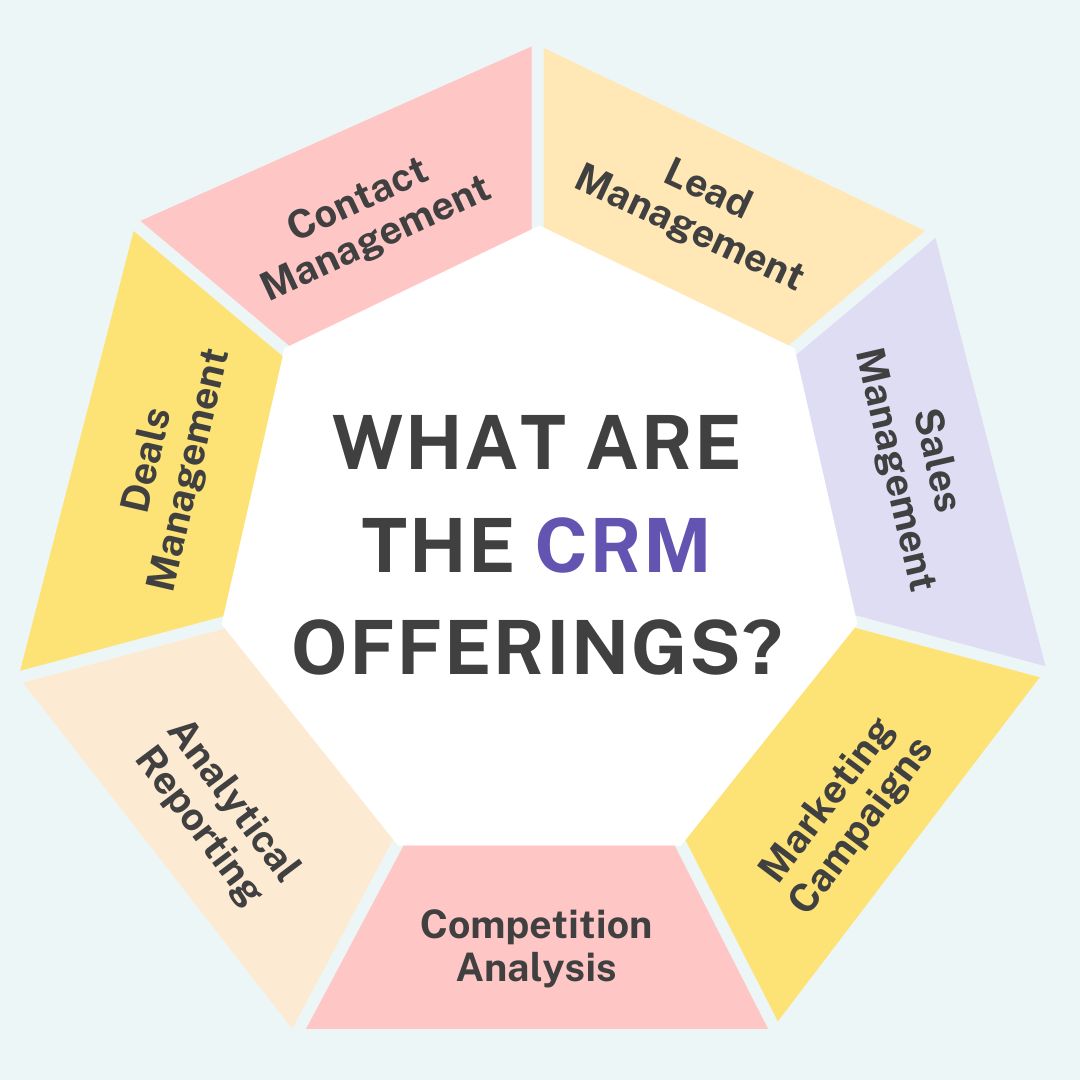
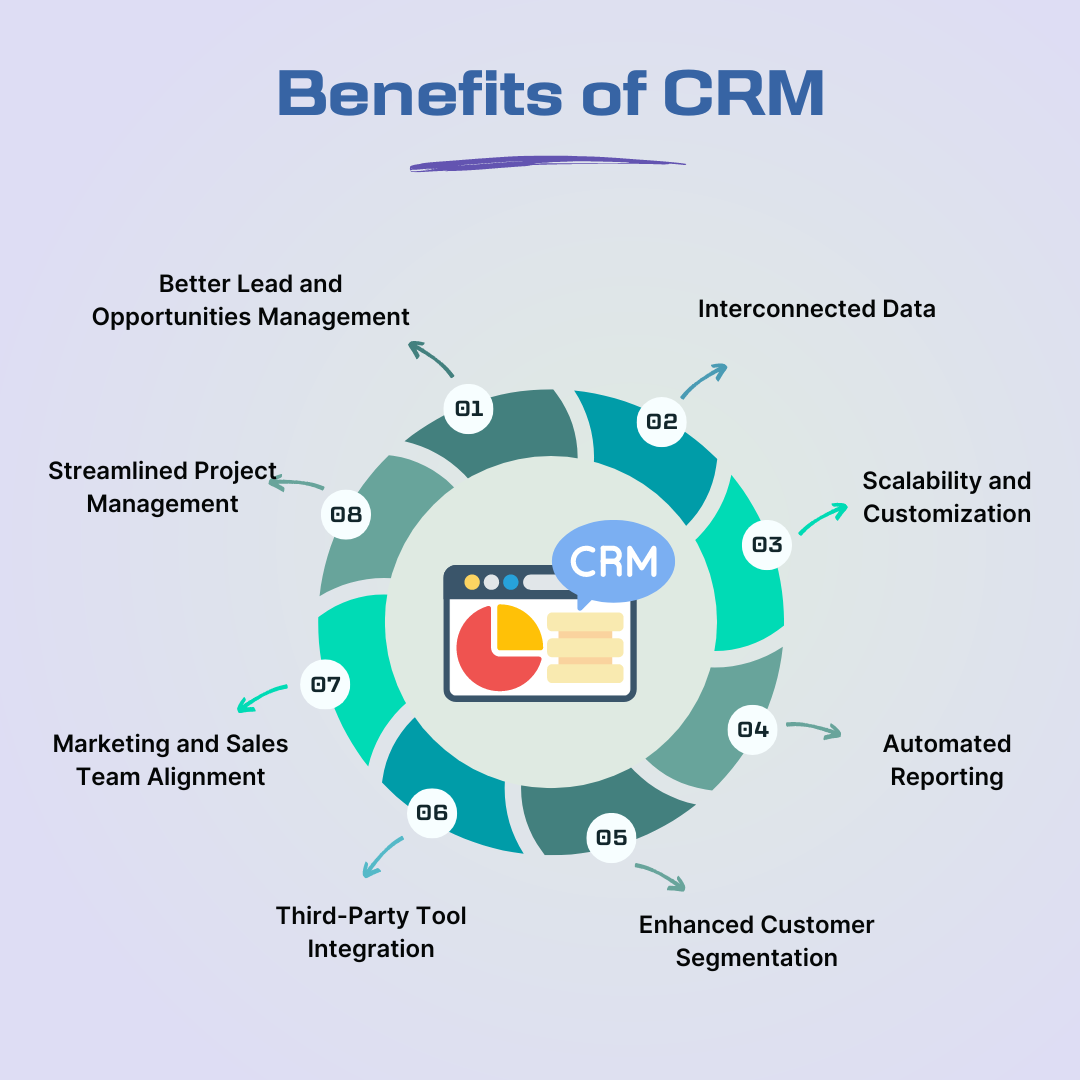
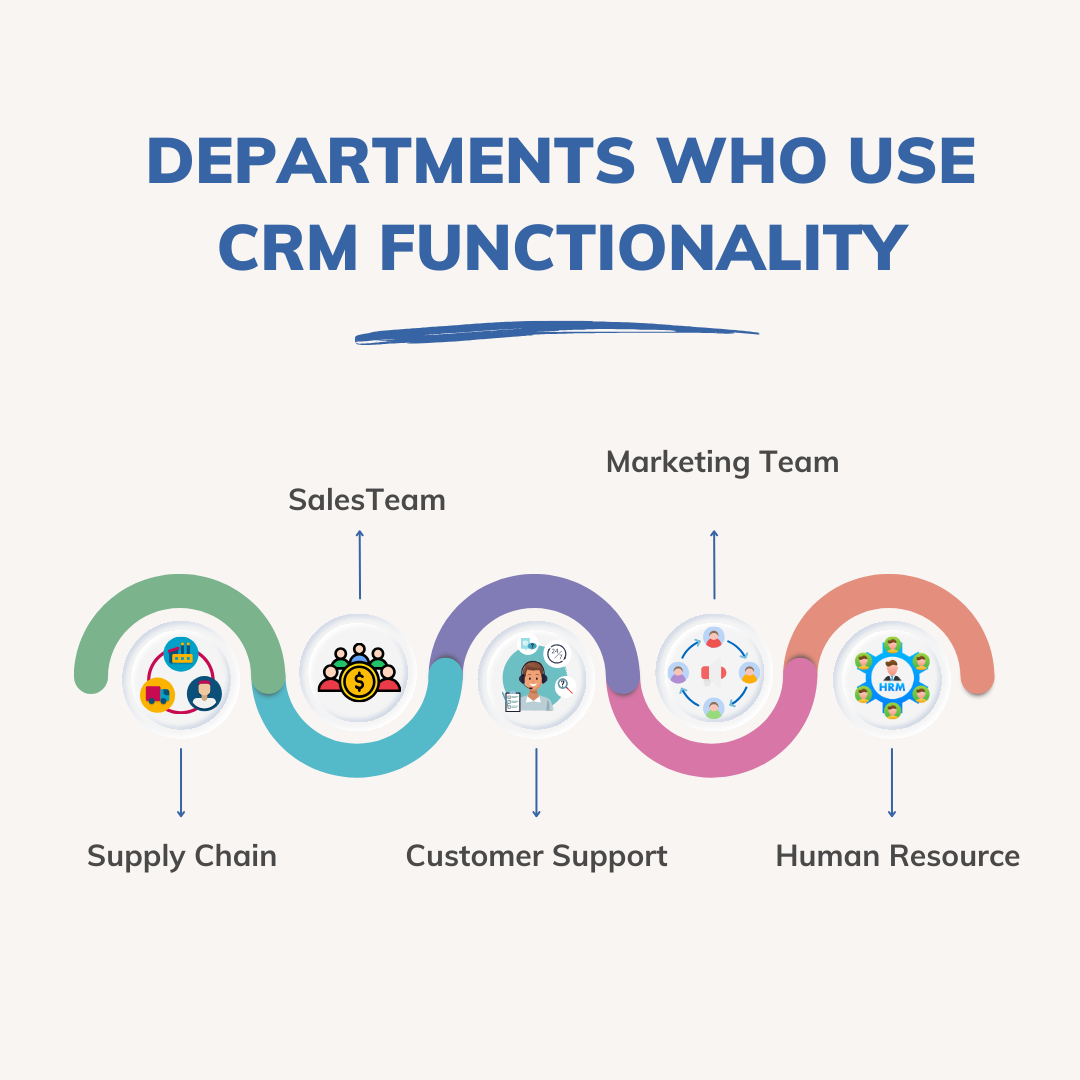

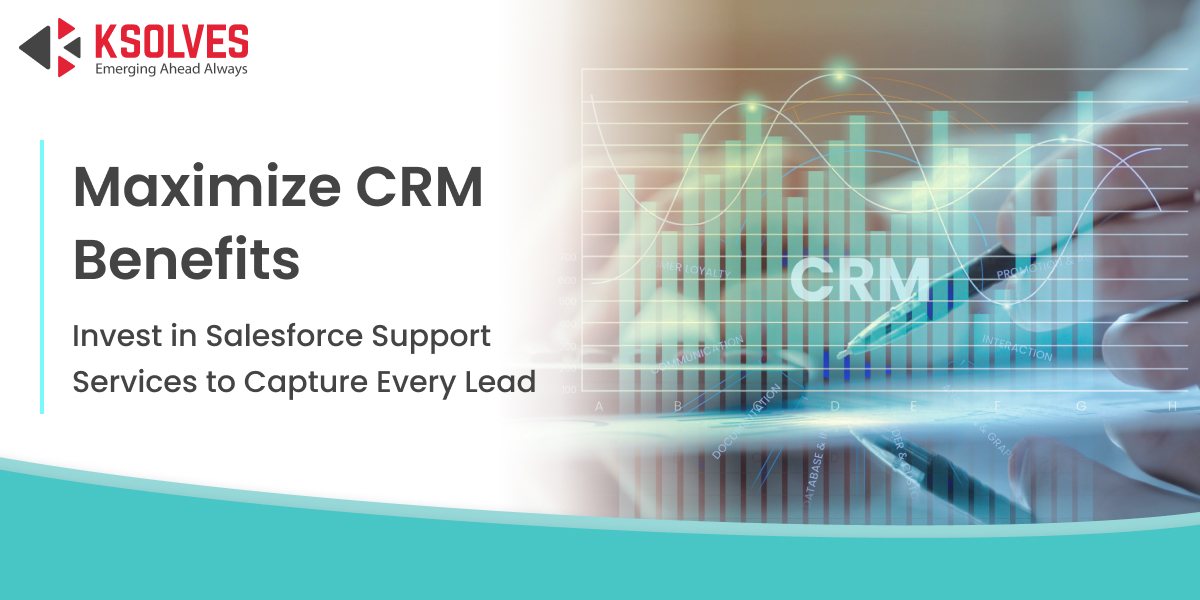
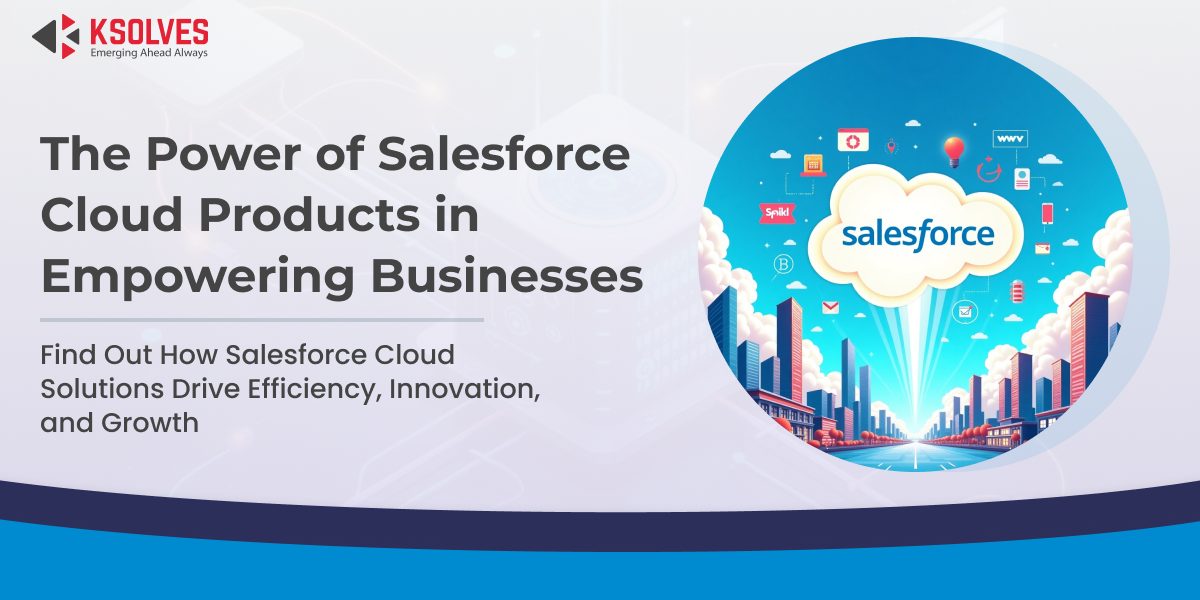

AUTHOR
Salesforce
Md. Asad Khan, an expert Technical Project Manager at Ksolves, who is a certified Salesforce architect at Ksolves, brings 7+ years of experience. He specializes in FSL, B2B, Service & Sales Cloud, and Non-profit cloud, excelling in APEX, Aura Component Framework, Lightning Components, Triggers, Visualforce, and creating insightful dashboards and reports.
Share with